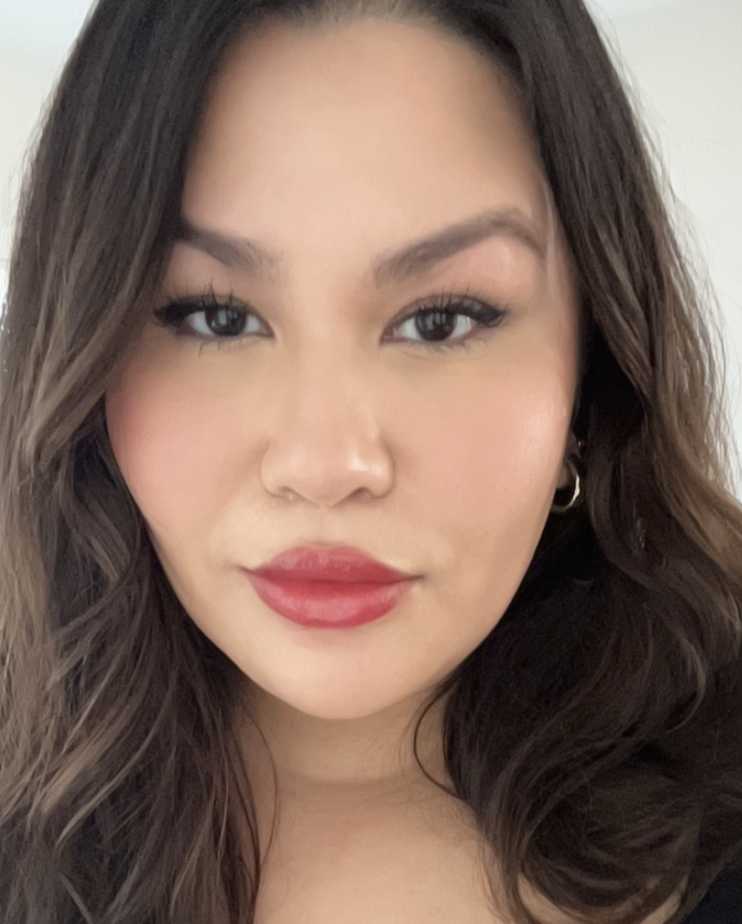
Warby Parker-Style Startup Dollar Beauty Tribe Invites Customers To Try Before They Buy
Dollar Beauty Tribe is out to be the Warby Parker of beauty.
For a shipping and handling fee of $4.95, customers signing up for its subscription service receive a full-size product to try for 30 days. Following the 30-day trial, they pay retail price for products and receive them at an interval they determine.
“We are giving the trust back to the customers. If you are not 100% convinced it’s for you, return it, and there is absolutely no charge. If you love it, which we are confident you will, that’s when you’ll pay for the product,” says Dollar Beauty Tribe founder Tamara Loehr, adding, “We’re simply taking the money that would normally be spent on influencers, paid advertising and marketing, and we’re offering people the product to trial instead.”
After Australian company Dollar Beauty Tribe’s August launch, customers promptly snapped up its inventory of 1,000 units. Last month, it doubled inventory and sold out again. Dollar Beauty Tribe hasn’t put money toward paid advertising, and Loehr attributes its early popularity to the recommendations of its first subscribers. By the end of the year, her target is for the subscription service reach 10,000 monthly subscribers.

Dollar Beauty Tribe currently offers clean haircare and skincare from the brands Hot Tresses and OM3 Skin Science. Next year, it plans to expand into the wellness category with protein powders and vitamin sprays. Hot Tresses’ Rehabilitation haircare products, including a shampoo, conditioner and leave-in treatment, are bestsellers. Loehr is an investor in Hot Tresses and OM3 Skin Science, but doesn’t own them.
“It’s got a cult-like following and a 4.9 out of 5 customer rating,” she says of Hot Tresses. “But all of our products are amazing. They have to be or people wouldn’t continue to pay for the trial. We hand-select only the best-in-class products, taking the hassle away for women.” Loehr mentions Dollar Beauty Tribe is considering bringing CBD merchandise to its consumers. She says, “We’re constantly reviewing brands. We only pick one per category, so it’s got to be a Picasso.”
Dollar Beauty Tribe purchases inventory at cost, and covers postage, storage and public relations efforts for brands it works with. The subscription service figures that beauty brand partners it takes on won’t start making money until the third subscription order. Just establishing its foundation, Dollar Beauty Tribe isn’t profitable yet, but Loehr has bold ambitions for it to be a profitable enterprise with 10 million customers in a few years.
“Being under six months old, we are investing in infrastructure and teams. So, we’re losing money, but that’s understandable for a startup,” says Loehr. A longtime entrepreneur, she founded mineral resources marketing agency Mitara Empresa more than two decades ago. Today, she backs several wellness companies, and is involved in healthy snack food brand Gustii and lead generation company Content2Convert. Loehr emphasizes, “For me, it’s got to be about the positive impact. The profit will come.”
“We’re simply taking the money that would normally be spent on influencers, paid advertising and marketing, and we’re offering people the product to trial instead.”
For every product purchased via Dollar Beauty Tribe, the company donates to support organizations that fight poverty, end hunger and promote sustainability efforts, among various causes. On its website, it shows customers how their purchases are being used to better the environment and humanity. Across her businesses, Loehr is dedicated to Buy1Give1 programs.
“I don’t think we should build our own charities. I think we should build businesses that give back and, then, give our money to organizations like the U.N.,” says Loehr. “We believe the purchasing power of females can make a massive positive impact on the world. We just need to shift our buying behaviors to one that has giving entrenched as a cost of goods.”
Dollar Beauty Tribe’s core consumer is a health- and social-conscious professional. Typically a woman in her 30s, Loehr believes the consumer is savvy and easily dismisses beauty brands shilling snake oil. She says, “42% of women are the breadwinners and have kids. We’re working full-time. We don’t have the time to figure out the right haircare that ticks all the right boxes. Our target customer is seeking out premium eco-luxe products, doesn’t mind paying for the quality, can’t be fooled, and knows how to read labels. They want to cut out chemicals. They’re seeking plant-based products, but they don’t want to compromise on results.”
The products available from Dollar Beauty Tribe are vegan and cruelty-free, and the brands behind them vow to adhere to ethical supply chain practices. Loehr views the subscription service as part of a larger ethical beauty movement. She elaborates, “Consumers are switching their buying habits towards ethical beauty for a number of reasons. Firstly, brands driven by multimillion-dollar marketing campaigns and influencers are no longer trusted. They want brands that are curated and honestly endorsed. Switching who you buy your beauty products from based on their purpose, sustainability and why not only makes sense from a what’s trending standpoint, but an ethical one.”

Loehr hopes Dollar Beauty Tribe’s social responsibility mission will inspire other companies in the beauty industry and beyond to do the same. “As an entrepreneur, I truly believe business will fix some of the world’s problems, not the government,” she says. “The beauty industry is worth over $50 billion per year. It’s a great place to start to shift buying behaviors. Imagine the impact we could have.”
Loehr has big goals for Dollar Beauty Tribe, but she’s cautious not to grow it too quickly. “We’re mindful that the concept is based on trust,” she says. “We need to ensure we scale it without attracting the wrong crowd––freeloaders––so we rely on referrals and word of mouth. Our tribe is one that is committed to our cause.”





Leave a Reply
You must be logged in to post a comment.